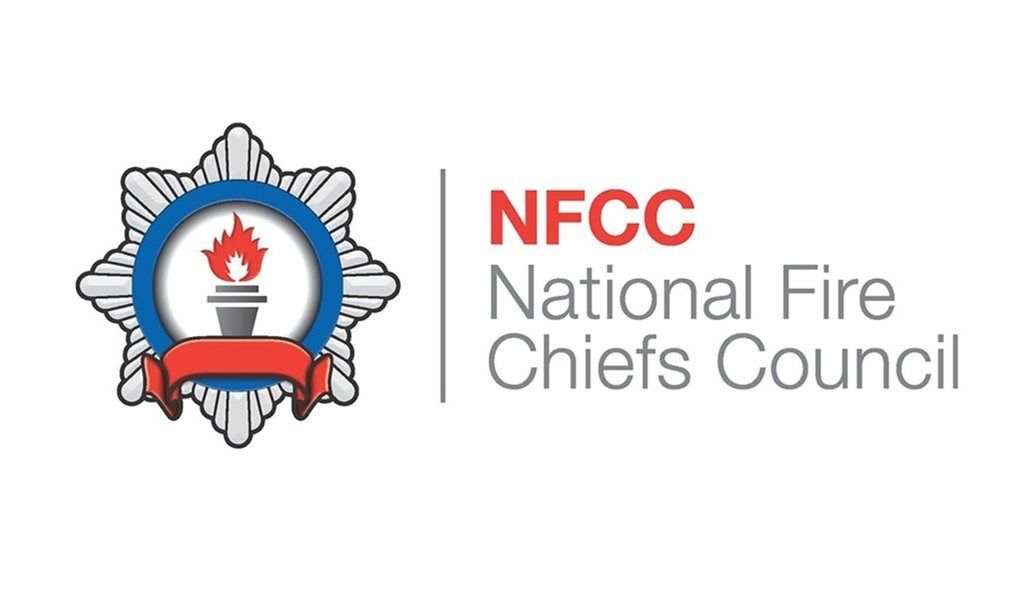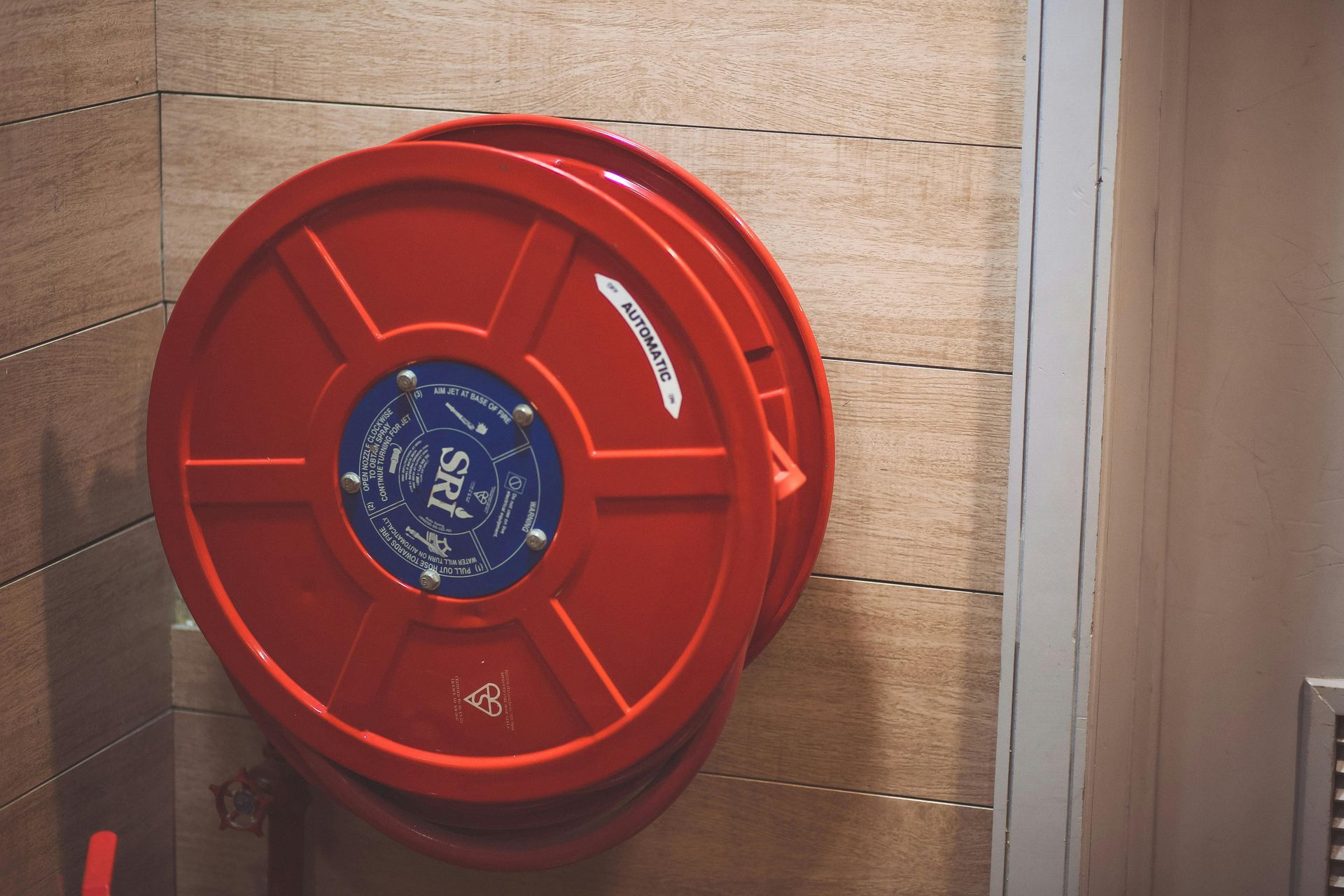NFCC Publishes Sprinkler Policy Statement
Source: Fire Protection Association
NFCC Publishes Sprinkler Policy Statement
The National Fire Chiefs Council (NFCC) has called on the government for “greater inclusion” of automatic water suppression systems (AWSS) in the built environment, including schools, student accommodation, and care homes, irrespective of building height.

In a recently published policy statement, the NFCC highlighted the crucial role sprinklers play in the event of a fire, with research showing that they are “99% effective in extinguishing or controlling a fire and 94% reliable in their ability to operate across all building types”.
“Sprinklers save lives and reduce injuries. They have been used for over one hundred years and are consistently reliable, protect property, reduce the cost of repairs, and minimise the impact of fire on the environment. Sprinklers can also buy crucial additional time in firefighting operations which may mean that evacuations are not necessary in the first place,” the NFCC states.
With sprinkler requirements in other parts of the UK such as Wales and Scotland implemented more robustly, the NFCC admits that England’s current regulations “trail behind its neighbours”, calling on the government to “emulate the policies in the devolved governments to support unitary policy across nations by lowering or removing the acceptable height, floor area, or occupancy threshold dependent on building type”.
In particular, the NFCC has cited the following buildings where installation and retrofitting of sprinklers are most needed:
- Care homes
- Residential buildings
- Schools
- Car parks
- Storage and warehouses
- Hospitals
One of the recommendations the NFCC puts forward is the requirement for sprinklers to be installed in all new care homes irrespective of height, including those premises undergoing major refurbishment, extension, or alteration. Additionally, sprinklers should be retrofitted in all high-rise residential buildings over 18 metres (or at least 7 storeys) that are served by a single staircase. This also applies to those buildings that are over 11 metres in height on a “risk-assessed basis”.
Jonathan Dyson, NFCC Lead for Sprinklers and AWSS said:
“Sprinklers have been used for over a century and are consistently reliable at saving lives and reducing injuries. Analysis shows they’re 99% effective in extinguishing or controlling a fire. Sprinklers can buy crucial additional time for firefighting and can also protect property, reduce repair costs, and minimise the environmental impacts of fire.
“NFCC welcomed the lower height threshold for sprinkler installation in new residential buildings to 11 metres, but we remain concerned that there’s still no requirement to retrofit existing residential buildings with sprinklers. We’ve consistently urged the Government to make it a requirement to retrofit all existing residential buildings over 11 metres on a risk-assessed basis.”
The recommendations also extend to all new schools, all new student accommodation, and all existing schools and student accommodation undergoing major refurbishment regardless of height.
NFCC Chair, Mark Hardingham said: “Thankfully, deaths and injuries in school fires are rare. However, it’s important that we protect schools as they are vital community assets. School fires can be devastating, and the use of sprinklers is proven to not only minimise the disruption to a pupil’s education but also the impact on their family and the community.
“NFCC have consistently called for sprinklers to be mandated in all new and refurbished school buildings in England, which would provide the same level of protection as schools in the rest of the UK.
“We also have serious concerns about fire safety in care homes. Sprinklers are critical to protecting vulnerable residents as well as employees. Installing sprinklers in care homes would reduce the likelihood of a fire spreading beyond the room in which it originated. This buys time for evacuation and firefighting and can reduce the need for vulnerable residents to be moved.
“We welcomed the Government’s proposal requiring sprinklers be installed in all new care homes regardless of height. However, it must go further to include existing care homes undergoing refurbishment.”
Notably, the body recognises the use of watermist systems as an alternative to AWSS, however, it adds that such systems “cannot be used interchangeably” with sprinkler systems:
“Watermist systems are an engineered solution for specific applications and strengthened test protocols are required to support their use”.
You can view the full policy statement here.



